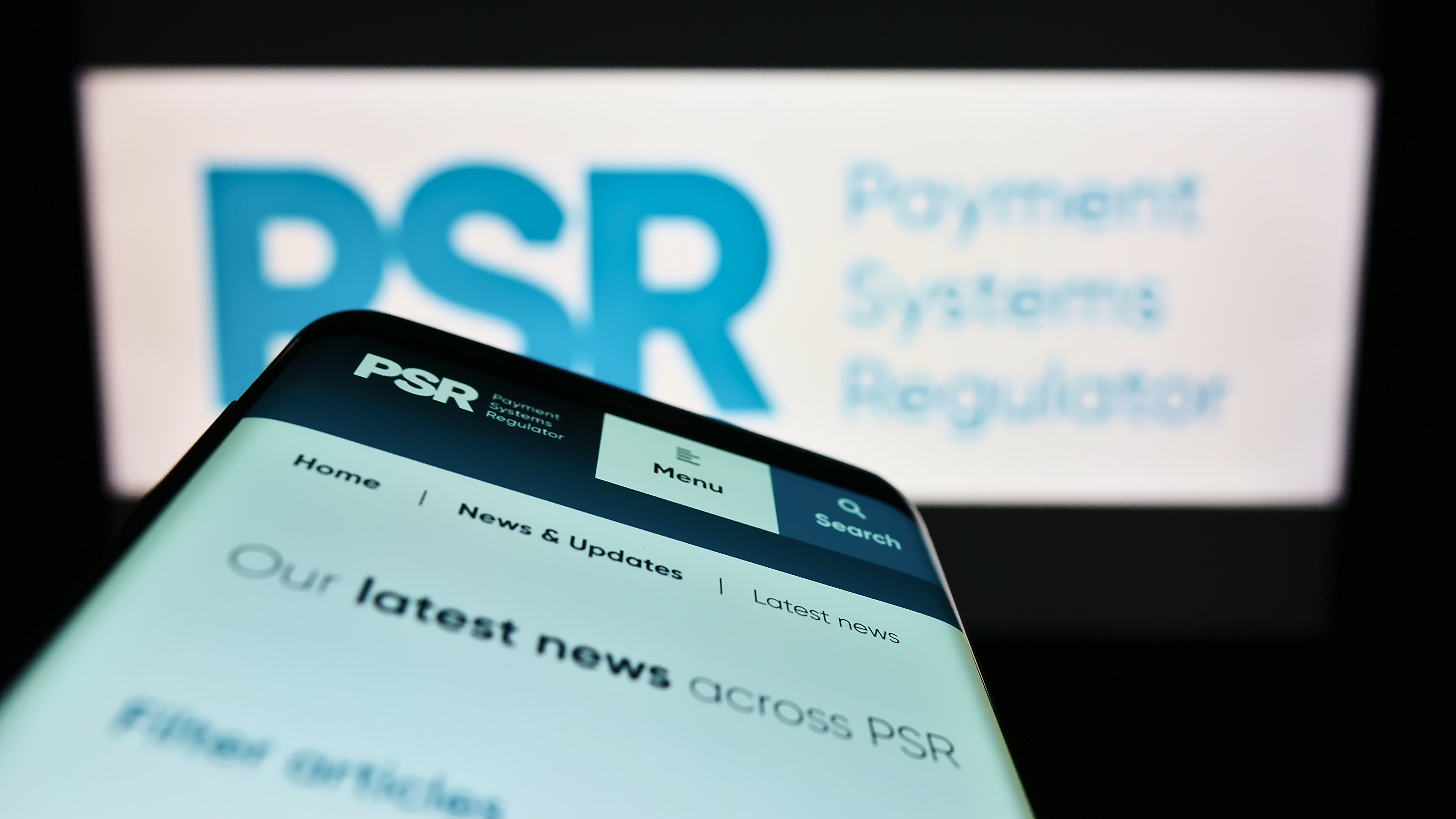The latest APP scams performance report from the UK’s Payment Systems Regulator (PSR) gives us more insights into UK scams just months ahead of the implementation of the new PSR mandate. In an ongoing effort to reimburse scam victims, the mandate will require the financial institution that receives a fraudulent money transfer and the bank from which the transfer originated to split reimbursement of the scam victim 50/50.
Key findings
The report highlights a trend we’ve been observing in the UK for some time: A drop in scam losses. Data from the PSR shows a 12% decrease in 2023 from the year before. This is higher than the 5% reported by UK Finance in their annual report published earlier this year.
Diving into specific fraud types, we see a 25% decrease in impersonation scam cases, a statistic we reported in our 2024 Digital Banking Fraud Trends in EMEA report in March. This is the best result seen across all eight scam types and does not come as a surprise, as we’ve seen the UK’s top banking groups put measures in place to detect these particular scams, with behavioural biometric intelligence playing a crucial role in driving this success.
We also see how two-thirds of all money lost (67%) was reimbursed to customers, representing an increase of six points compared to 2022. This is encouraging, although also not a surprise as banks continue to prepare for the soon-to-be-implemented new reimbursement rules.
It isn’t all positive though. The report shows a 12% increase in scam volume – a figure that is identical to that reported by UK Finance. In both cases, we see purchase scams being the main contributing factor, representing 70% of all APP scams by volume (although, notably, only 25% of losses).
Progress since last year
The PSR surprised everyone in October of 2023 when it published its first APP Fraud Performance Report, shining a light on the state of scam reimbursement among UK banks. Given that this report was based on data from 2023, it is unlikely we’re now seeing any reaction from banks to the report’s findings or any “naming and shaming” that might’ve taken place.
Of the 14 banking groups analysed, we see that only five refunded less than they did the year before. Of these five, three are at the bottom in terms of reimbursement. Likewise, it is banks that are not part of the Contingent Reimbursement Model (CRM) – the guidelines banks can voluntarily follow, dictating how to reimburse APP scam victims – that have the lower reimbursement rates. In other words, the majority of banks are taking scam reimbursement seriously, taking steps to provide a consistent approach to scams, doing more to refund victims and ultimately offering a united front.
Interestingly, we observe that the top two banks refund 95-96% of all cases in full, and a further 3% partially. However, only 87-88% of the combined amount lost was refunded. In line with general expectations, we see here that it is the high-value cases that are the object of contention with banks.
Banks identifying more scams
Metric B (Page 13) offers a unique view into “scam rates” at each bank. Unsurprisingly, we see significant progress across several banking groups in curbing scams, with six groups reducing their “scam value rate” by 20 to 35%, and one bringing rates down by half.
We also see these funds are increasingly being sent to larger banking groups, contrary to the common opinion that neobanks were harbouring these bad accounts. As per our 2024 Digital Banking Fraud Trends in EMEA report, banks have focused more on the identification of these accounts, driven by new regulation that includes PSR. BioCatch has been able to help some UK banks detect more than 10,000 mule accounts with its Mule Account Detection solution.
In conclusion
The second half of 2024 promises to bring revolutionary changes to the UK banking sector. Publishing scam volumes and refunds by financial institutions should make the next version of this report a fascinating read, as numbers ought to change drastically as banks continue to modify internal processes to protect their customers and adhere to the new PSR mandate.





